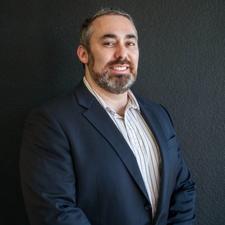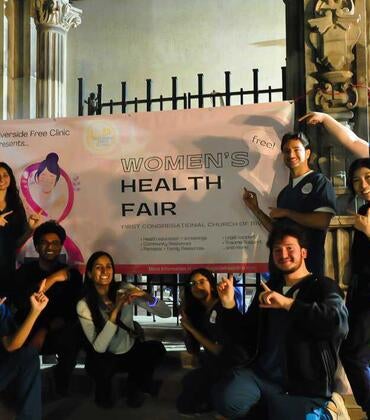A study UC Riverside researchers in the School of Medicine has found that the Inland Empire's transgender and gender nonconforming, or TGNC, population continues to face significant health challenges and barriers to accessing TGNC-culturally competent care.
The study, based on 2015 survey data of 90 TGNC individuals obtained from Riverside University Health System—Public Health, examined their physical health, mental health, health care access, and health care discrimination.
The survey showed:
- About 68% of the respondents reported having depression or an anxiety disorder, with 74% having ever seriously considered suicide.
- Only 15% of individuals reported it was easy to find a provider with sufficient knowledge and experience on issues related to transgender people.
- Of the 50 individuals taking or wanting to take hormone therapy, only 34% found it easy to find a doctor willing to provide hormone therapy.
- And 19% of the respondents indicated that health care professionals refused to touch them or used excessive precautions.
“To our knowledge, this is the first time TGNC individuals' health outcomes and health care access has been assessed in California's Inland Empire,” said Brandon Brown, an associate professor in the UCR Department of Social Medicine, Population and Public Health and senior author of the study that appears in the journal Transgender Health. “It highlights the critical need for TGNC cultural competency among health professionals in California's Inland Empire, which is why the community commissioned this study in the first place.”
Brown was joined in the study by Andrea N. Polonijo at UCR, Aaron Gardner at the Riverside University Health System, and Thomi Clinton at the Transgender Health and Wellness Center.
The research paper is titled, “Transgender and Gender Nonconforming Patient Experience in the Inland Empire, California.”





